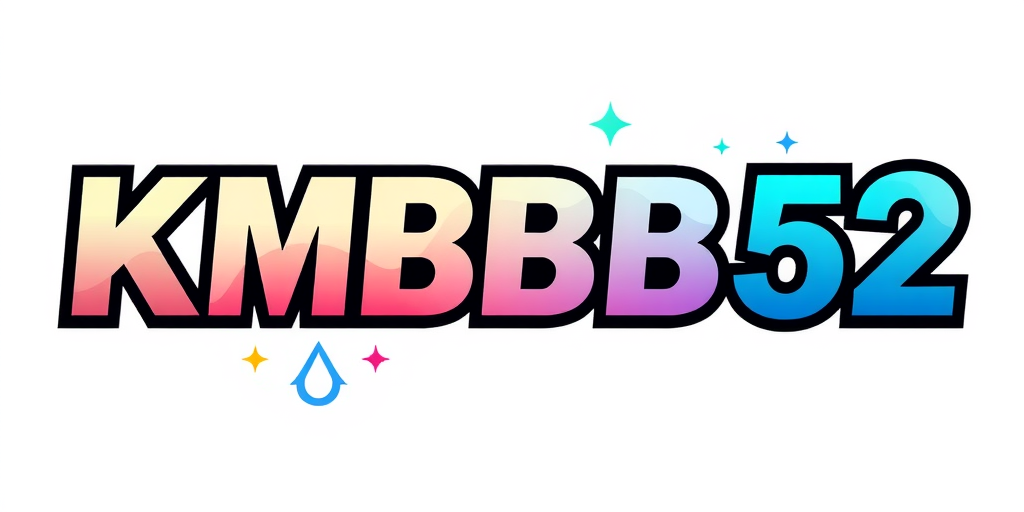
Understanding "꽁나라" in Korean: A Deep Dive into Language and Culture
The Korean language, with its rich history and evolving nature, offers a fascinating array of words and expressions that often leave non-native speakers curious and intrigued. One such term that stands out is "꽁나라" (pronounced "ggongnara") 꽁나라. While it might not be a word you'd find in a standard dictionary, it carries a cultural significance that is important to understand for those interested in the Korean language and its nuances. Let’s take a closer look at "꽁나라" and explore its meaning, usage, and cultural relevance.
What Does "꽁나라" Mean?
"꽁나라" is a playful or informal term that combines "꽁" (ggong) and "나라" (nara). Let’s break it down:
- 꽁 (Ggong) – This is an informal, somewhat playful word that can refer to something that is hidden, secret, or even "stuck" in a certain state. It can also be used to describe a situation or state that is "tight" or "reserved."
- 나라 (Nara) – This means "country" or "nation" in Korean. It's used to refer to a land or a place in a broader sense.
When combined, "꽁나라" doesn't have a formal, fixed meaning like many other common Korean words. It is a colloquial expression that is often used humorously or to describe a "hidden" or "secret" place—almost like a "mystery country" or "secret realm."
Cultural Context of "꽁나라"
The term "꽁나라" is commonly used in a metaphorical or joking manner to refer to something that is tucked away from the outside world or not easily accessed. It can refer to anything from a secret club to a remote place that no one knows about. In a more lighthearted context, it could be used to describe someone’s hidden talents or a place where one goes to "escape" from the daily hustle and bustle.
Examples of Usage
- In Conversation:
- “나 오늘 꽁나라 가야 해!” (Na oneul ggongnara gaya hae!)
Translation: "I need to go to my secret place today!" Here, someone could be talking about taking a break from work or spending some alone time, using "꽁나라" to add a playful or humorous flair to their statement.
- “나 오늘 꽁나라 가야 해!” (Na oneul ggongnara gaya hae!)
- As a Description:
- "이곳은 정말 꽁나라 같다." (Igoseun jeongmal ggongnara gatda.)
Translation: "This place feels like a secret kingdom." This could be said about a quiet, hidden café or a secluded park that feels far removed from the busy city life.
- "이곳은 정말 꽁나라 같다." (Igoseun jeongmal ggongnara gatda.)
Where Might You Hear "꽁나라"?
You’re most likely to come across the term in more casual settings. It could be used by friends chatting about a private gathering or in lighthearted conversations on social media. The usage of "꽁나라" reflects the fun, creative side of the Korean language, where words and expressions evolve in playful ways, often adopting new meanings based on context.
In certain Korean online communities, the term could even be used in memes or jokes, adding a layer of humor when talking about "hidden" spots or situations.
The Charm of Korean Slang
Korean slang, like "꽁나라," plays an important role in fostering a sense of community and shared understanding among speakers. It allows people to express emotions, humor, and creativity in ways that more formal language might not capture. The beauty of the Korean language lies in its flexibility and adaptability, especially in informal or peer-driven contexts.
While "꽁나라" may not be a term you’d learn in a typical Korean language textbook, it’s a reflection of the playful and dynamic nature of everyday Korean conversations. It encourages you to engage with the language more creatively and to embrace the nuances of colloquial expressions.
Final Thoughts
"꽁나라" might not be a word that you’ll find in every dictionary, but it’s a great example of how language evolves through culture, humor, and the creativity of its speakers. Whether you’re using it to describe a hidden spot, a secretive situation, or just as a playful expression in a conversation, "꽁나라" is one of the many fun and unique phrases that make the Korean language so special.
So, the next time you're looking for a fun way to describe your secret hideaway or a place of solitude, remember "꽁나라"—your own personal "mystery country" in the world of Korean words!
